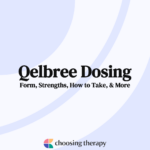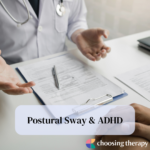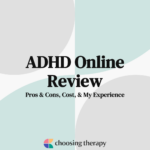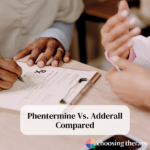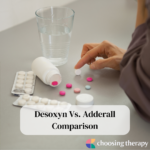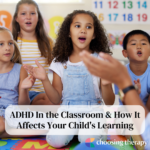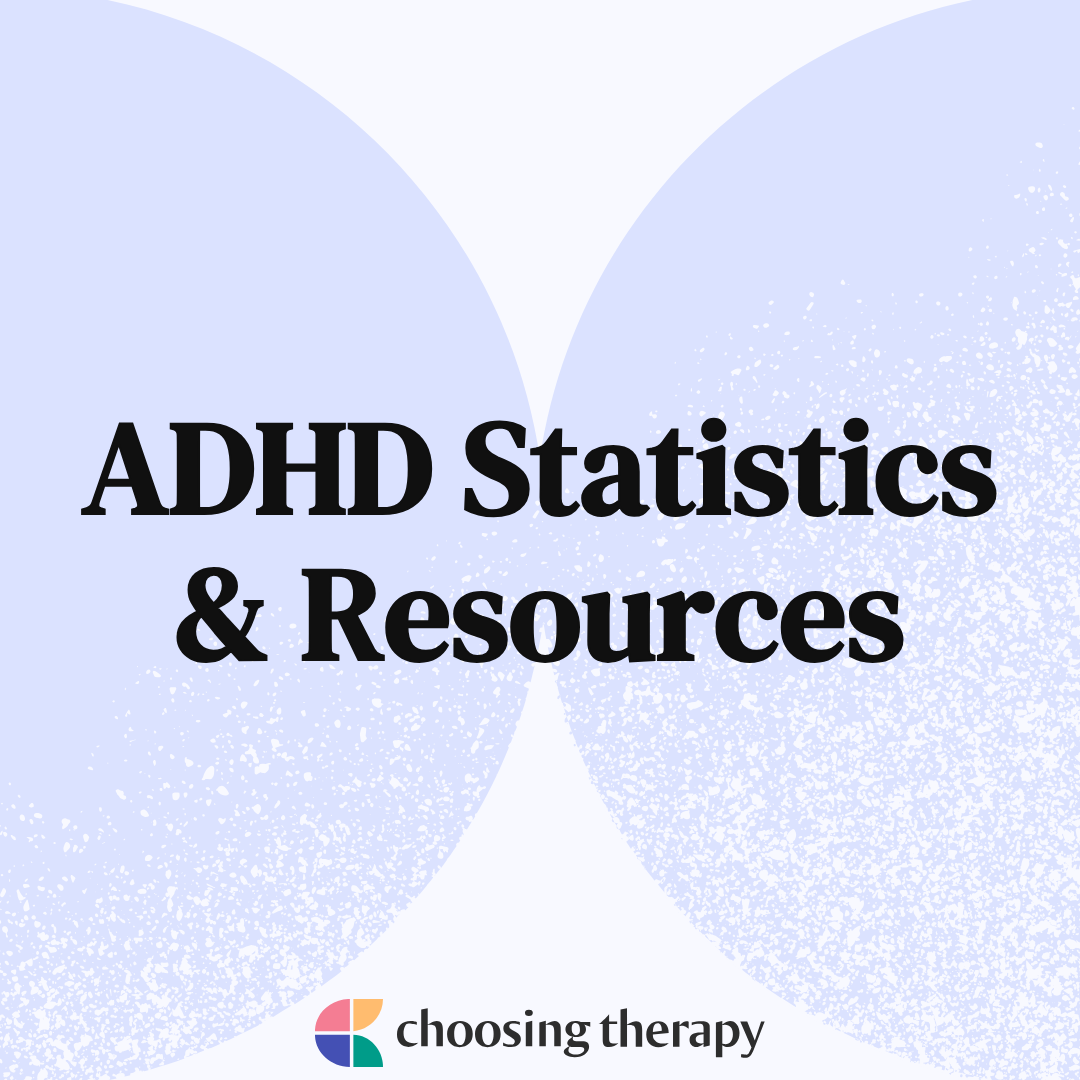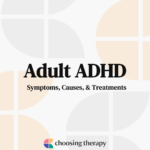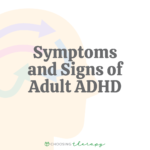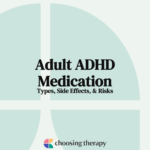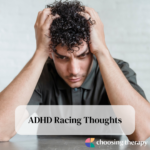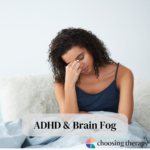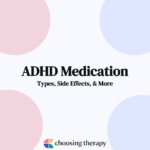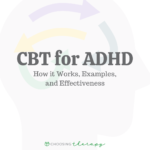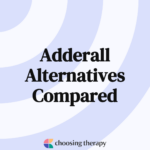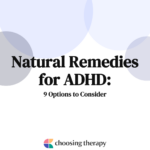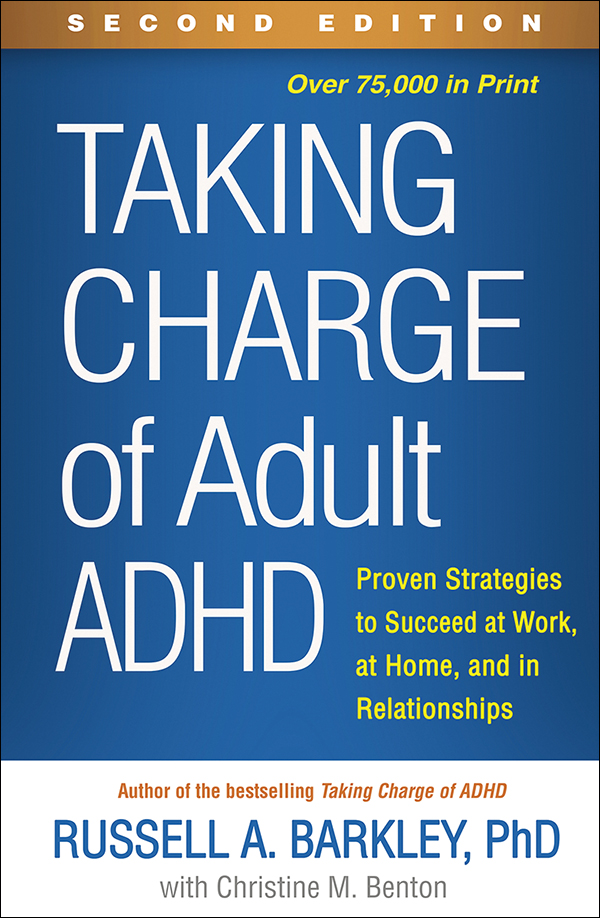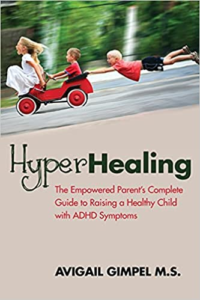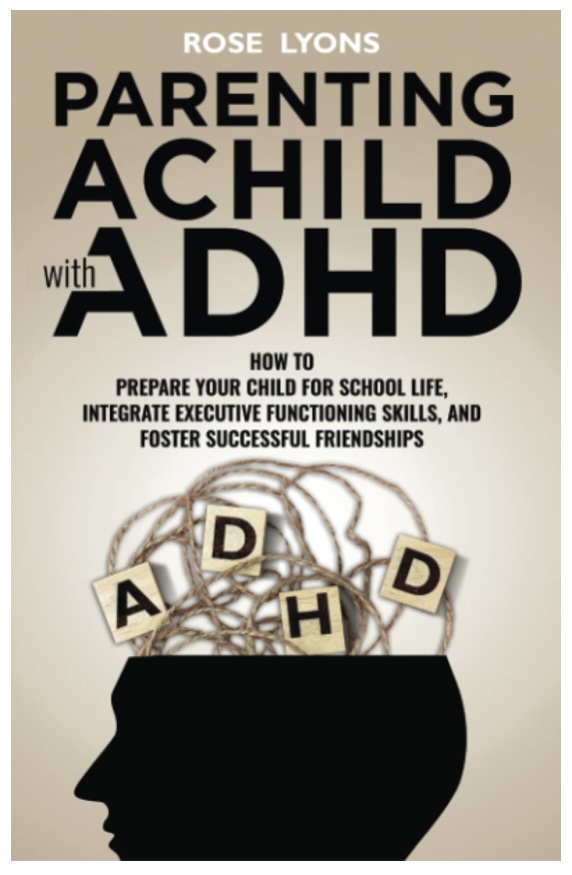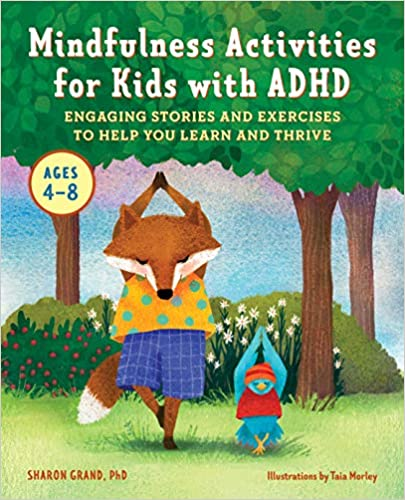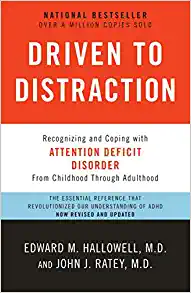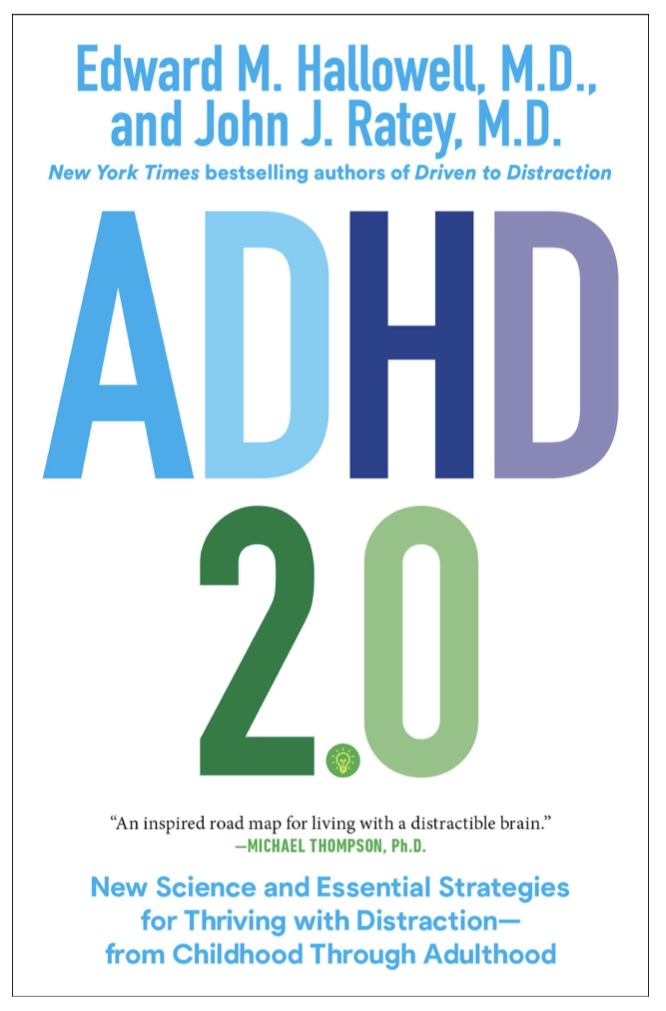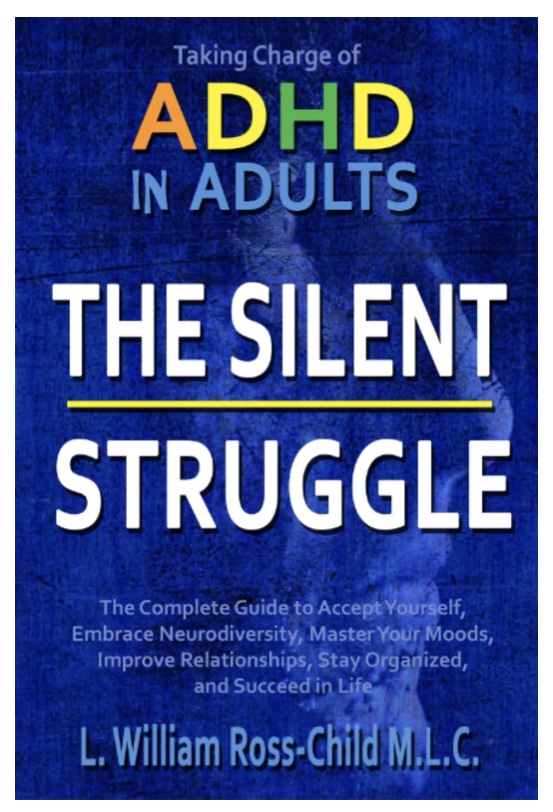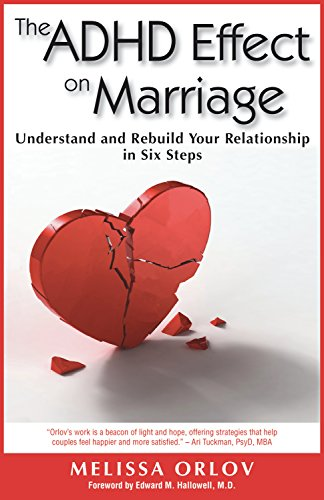
Learn More About ADHD
ADHD features a pattern of inattention and/or hyperactivity that interferes with functioning or development. While people with ADHD are often impacted throughout their lives, symptoms can be managed with behavior therapy and/or medication. Below you’ll find articles and resources to help you both understand and find supports for ADHD.
Featured ADHD Articles

10 Tips for Living With ADHD as an Adult
Living with ADHD as an adult can cause unique challenges for those with the condition. However, there are many ways for them to incorporate healthy behaviors into their daily routines to help them better manage these obstacles. Exploring a new hobby, setting reminders, and using organizing tools are all steps a person can take to live mindfully.
by: Alexa Donnelly, LCSW
ADHD & Relationships: Effects, Benefits, & How to Improve
ADHD can pose problems in romantic relationships, especially with communication and healthy partner dynamics. Some partners with ADHD may struggle with forgetfulness, distractibility, or rejection sensitivities that impact how they function in relationships. Non-ADHD partners may feel undervalued or ignored, causing rifts in intimacy and mutual affection. Therapy and self-help strategies can help couples address challenges and improve communication.
by: Andrea Brognano, LMHC, LPC, NCCWhat Is ADHD?

Adult ADHD

Common Feelings Associated With ADHD

Treatments for ADHD
Videos About ADHD
Read More About ADHD
